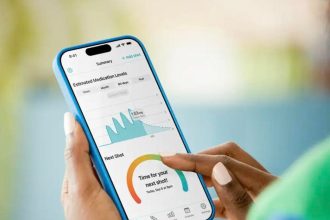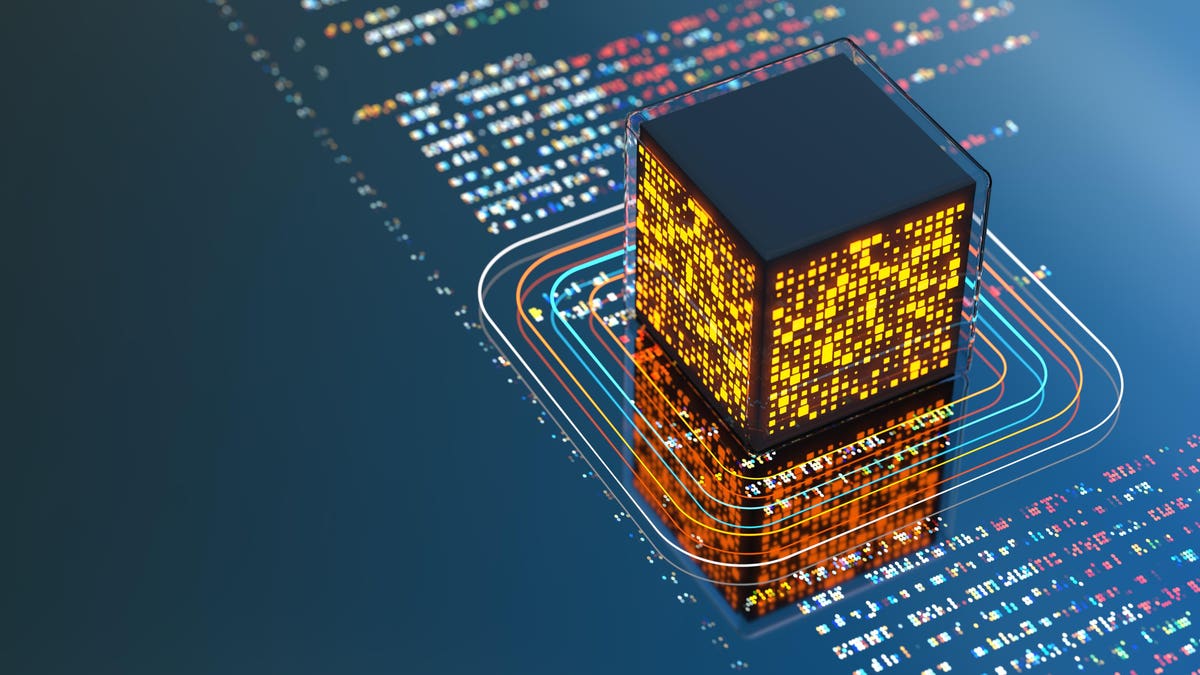Serial Entrepreneur, CEO and Founder of Block Tides and PlaceWar, I write about Blockchain, AI, Entrepreneurship, Metaverse, and Web 3.
Today’s technology is fast-paced and changing in ways that have never been witnessed before, so businesses are developing strategies to keep ahead. Two technologies that have risen to the top are blockchain and artificial intelligence (AI). These technologies may change the way many businesses operate in the future, and they are already creating massive implementations in respective industries.
Understanding Blockchain And AI
A blockchain is a network-wide, digitally distributed, decentralized public ledger. This technology allows for greater transparency and safety, as it operates through a global computer network that checks and records data, which can’t be altered. Blockchain is excellent for industries like banking, healthcare and supply chain management that require openness and security.
AI is a rapidly growing field of technology. A large part of this industry involves tools that can perform some activities typically performed by humans, such as comprehending spoken language, identifying pictures and making fundamental decisions. These tools have already shown much potential for making operations faster, more efficient and more accurate in various industries, including healthcare, finance and manufacturing.
Combining Technologies For More Efficiency
AI and blockchain can be powerful and transformative forces for businesses by themselves, and bringing these technologies together can allow you to further improve and secure the sharing and handling of your data. Blockchain can help make processes safer by providing immutable and tamper-proof records, which helps ensure transparency and auditability, reduce reliance on intermediaries, enable secure transactions, and facilitate efficient supply chain management. AI complements blockchain by automating processes, analyzing data patterns and transforming decision-making.
For example, one of the benefits of blockchain is that businesses can safely store and distribute massive volumes of data without having a single authority by utilizing the fact that blockchain is not under the jurisdiction of a single entity. AI can also use this data to look for ways to enhance an organization’s operations. This can assist companies in making wiser decisions by uncovering patterns and past trends to project what will happen in the future, such as what customers want or why the market will change. For instance, AI algorithms may recommend modifying production plans by examining production data and considering real-time factors like market demand and supply chain constraints.
Smart contracts are another way that blockchain and AI can be combined. Smart contracts serve as digital contracts that are encoded and stored on a blockchain network. Take supply chains, for example: Smart contracts can automate and secure supply chain payments without middlemen, boosting payments and building trust. AI systems can then help you find inefficiencies and streamline procedures in your supply chain by analyzing vast volumes of data. In this way, data analysis and automation promote supply chain efficiency, decision-making and cost reduction in the safe and open blockchain ecosystem.
Steps For Incorporating AI And Blockchain
Based on my experience, here are several key steps you can adopt to effectively incorporate AI and blockchain into your business operations.
1. Determine your business needs and where AI and blockchain can help. You can do this by assessing existing processes, staying informed about industry trends and use cases, and engaging with stakeholders and subject matter experts. I recommend prioritizing data-intensive or security-driven areas and starting with small-scale pilot projects.
2. Invest in the tech infrastructure and skills you need. This may involve working alongside AI and blockchain experts. It could also involve training your current employees in these areas by conducting internal training programs and cross-departmental collaboration, utilizing online learning platforms and knowledge-sharing sessions, and holding hackathons and internal or external workshops and seminars.
3. Ensure your data is secure and private. Since AI and blockchain typically manage sensitive data, it is vital to perform security checks while complying with all related guidelines. Data security and privacy in AI and blockchain need regular assessment to ensure they are meeting GDPR compliance.
4. Prepare for challenges. It’s not uncommon to encounter issues with integration, interoperability and pushback to change. To get past these challenges, you need an organized strategy. Before full-scale deployment, it is crucial that you conduct thorough research, develop a clear execution plan and run pilot projects. Successful integration can also be enhanced by cooperating with experts in the blockchain and AI fields, getting involved in relevant groups and conferences, and keeping up with technological changes so that you know current standards and best practices for using blockchain and AI to improve your business operations.
Conclusion
How businesses run could be significantly improved by incorporating blockchain and AI to develop safer, more effective and more open systems. Times are changing, and with how technology is continuously disrupting and emerging, we can expect to see a lot of new ways to use them in the days to come.
Forbes Business Council is the foremost growth and networking organization for business owners and leaders. Do I qualify?
Read the full article here





